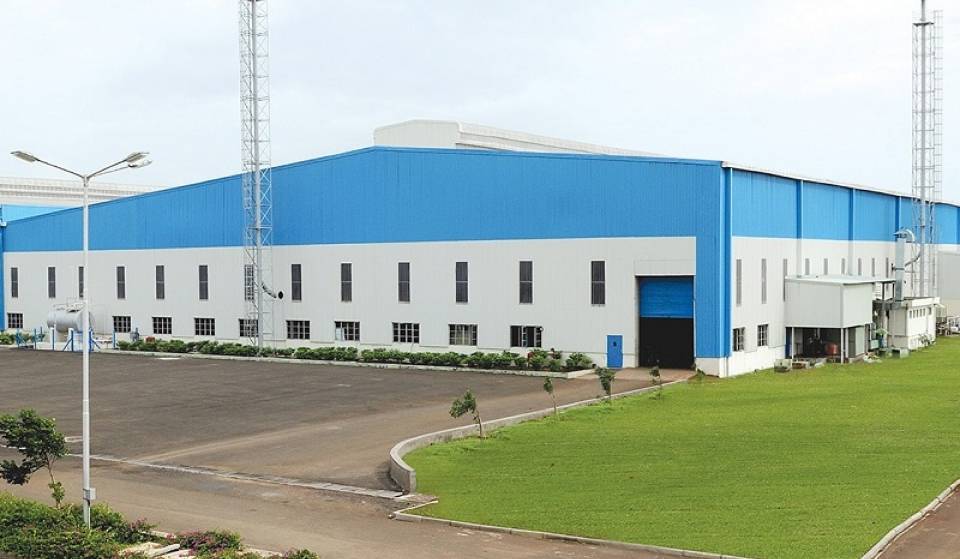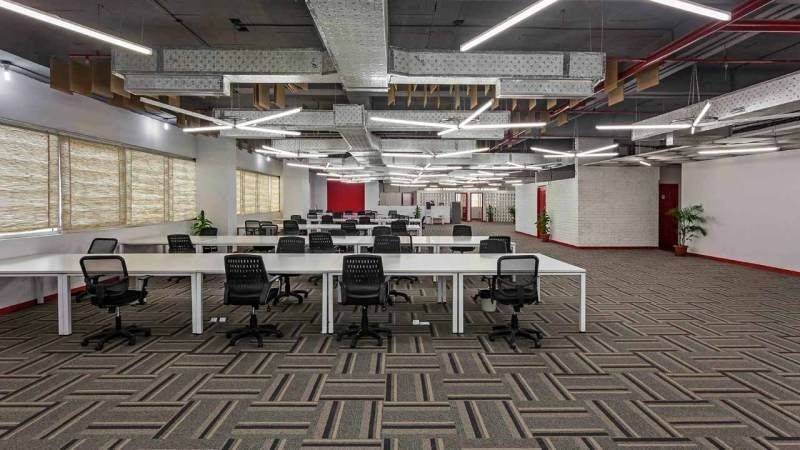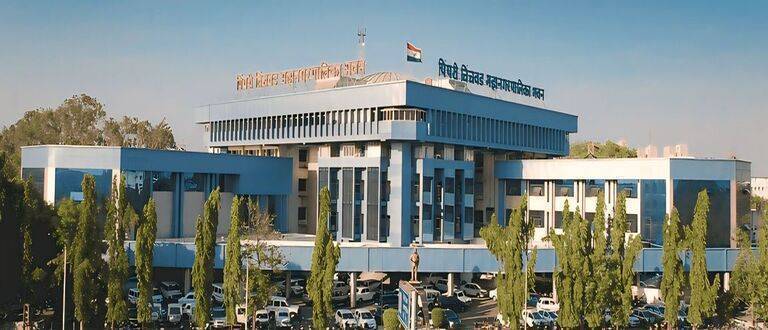JSW Paints has emerged as the frontrunner to acquire Akzo Nobel India, surpassing a competing bid from a consortium led by Advent International and Indigo Paints. Sources close to the matter indicate that both parties have entered an exclusivity agreement to finalize the terms of the share purchase agreement ahead of a formal announcement.
If the acquisition proceeds, JSW Paints will strengthen its position in the Indian paints market, moving to fourth place overall and closing the gap with Kansai Nerolac, the third-largest player in the decorative paints segment. It will also secure the second spot in industrial paints. The deal is expected to push JSW Paints’ revenue close to the ₹10,000 crore mark, positioning the company for a potential initial public offering.
The decorative paints segment, which accounts for roughly 75% of total demand in India, is driven mainly by repainting activity and new construction. The market is currently led by Asian Paints, followed by Berger Paints and Kansai Nerolac. However, profit margins across the sector have been under pressure due to increasing competition, including from newer entrants like Birla Opus.
Both JSW Paints and the Advent-Indigo consortium submitted binding offers late last month, following a period of intense negotiations. The bids initially reflected a significant discount to Akzo Nobel India’s current market valuation, but the gap between offer and asking price has narrowed considerably over recent weeks.
Akzo Nobel India is currently valued at approximately ₹15,857 crore, with its shares closing at ₹3,482 recently, down around 25% from the 52-week high of ₹4,649. Despite this decline, the stock has gained nearly 36% over the last year amid speculation about the potential sale, making it one of the most expensive paint stocks globally. The Dutch parent company, AkzoNobel NV, holds a promoter stake of nearly 75%. JSW Paints’ bid includes an open offer to acquire this promoter holding.
JSW Paints’ offer is reported to be priced at a 5-8% discount to the current market price, valuing the promoter’s stake at roughly ₹11,854 crore (about $1.39 billion). The deal is expected to involve a reverse merger, where privately held JSW Paints would merge with the publicly listed Akzo Nobel India. It remains unclear if AkzoNobel NV will retain any stake in the merged entity. Citi and Morgan Stanley are advising on the transaction.
JSW Paints is reportedly aiming to acquire not only Akzo Nobel’s Indian operations but also intends to take over its business in Sri Lanka, where Akzo currently operates through a local joint venture. The company, led by Sajjan Jindal, has engaged with several global banks and financial institutions such as Standard Chartered Bank, MUFG, and Barclays to secure funding for the acquisition.
Discussions are also ongoing with private equity and investment firms including Ares Capital, KKR, Goldman Sachs, and Apollo Global Management to arrange structured financing estimated between ₹4,000 and ₹4,500 crore. Apollo is already an investor in the JSW Group’s cement business. The financing arrangement is yet to be finalized.
The Jindal family, promoters of JSW, is expected to contribute equity capital in the range of ₹2,500-3,000 crore. The overall size of the deal will depend on the outcome of the open offer to other shareholders.
AkzoNobel had announced in October 2024 that it was reassessing its business strategy in the Indian subcontinent. Earlier this year, Akzo Nobel India divested its powder coatings segment, which contributed 12-14% to total sales, back to its Dutch parent. This move reportedly reduced the appeal of the acquisition for some potential buyers.
JSW Paints, which has been striving to establish itself among the top three in the decorative paints sector since its inception six years ago, sees the acquisition as an opportunity to gain significant market share. Meanwhile, new entrants such as Birla Opus have gained 3-4% market share within a short span, intensifying competition.
Akzo Nobel India, known for its Dulux Paints brand, operates primarily in the luxury and ultra-luxury decorative paints segment targeting urban markets. The acquisition would allow JSW Paints to expand its presence in these premium categories.
Currently, Akzo Nobel India holds approximately 7% market share in the Indian paints market and is regarded as one of the more profitable companies in the sector. The company has an annual production capacity of 250 million litres, focused mainly on high-end decorative paints. It has seen low single-digit growth in value terms, though profits declined by 5% in the third quarter of FY25, partly due to a special dividend payout the previous year. Segments such as automotive refinishing and coil coatings within industrial paints have faced challenges, affecting overall performance.
Image source- jswpaints.in










